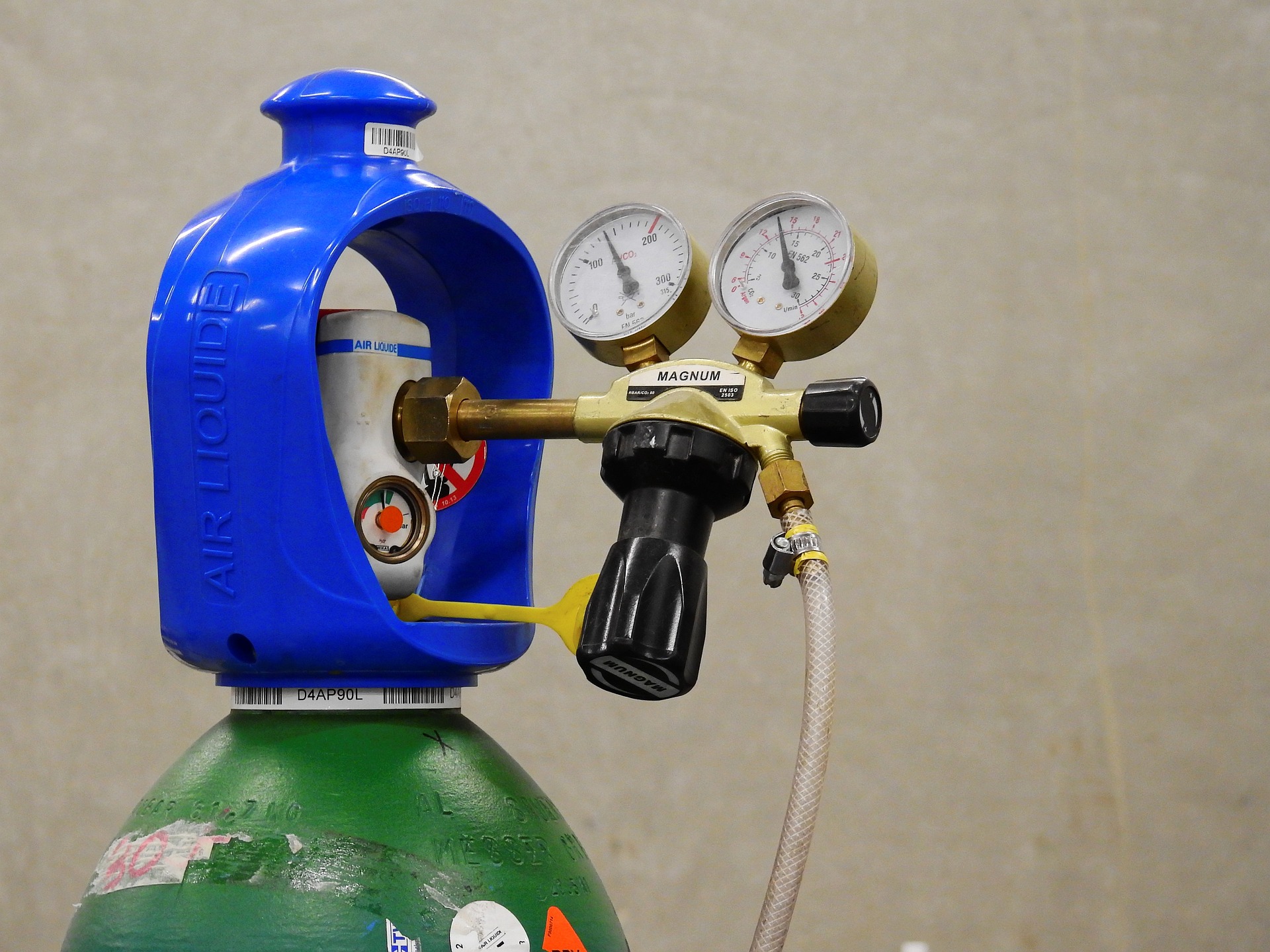
The Importance of a Gas Regulator
When it comes to managing any project involving HVAC, combustion, propane, or industrial markets -safety and efficiency should be top of mind. That’s why investing in reliable gas regulators is a must!
These amazing devices regulate the pressure of your system’s flow with pinpoint accuracy- allowing for maximum control without fear of an explosion due to excess fuel. Plus, they’ll keep things running smoothly by ensuring you always have enough fuel pressure whenever necessary.
How a Gas Regulator Works
A gas regulator has a control valve and a safety valve. The control valve regulates the flow of gas, and the safety valve is used to shut off the flow of gas in case of an emergency.
The control valve is opened and closed by a knob or lever, which is turned to adjust the amount of gas flowing through the regulator. The safety valve is opened and closed by a spring-loaded mechanism. This mechanism is designed to close the valve if there is an increase in pressure within the regulator.
Considerations When Buying Your Gas Regulator
The most important factor when selecting a gas regulator is knowing which type of gas you are going to be using. For example, propane and natural gas require different regulatory systems than other gases, such as nitrogen or helium. It’s essential that you select the correct regulator for your specific application.
Pressure Ratings: All regulators come with pressure ratings in PSI (pounds per square inch). Make sure that the regulator can handle the pressure of your system before using it. If not, you could risk damaging or even rupturing the regulator itself!
Flow Capacity: Not all regulators can handle large volumes of flow at once; make sure your regulator has sufficient flow capacity for your needs before use.
Temperature Range: Depending on where and how you plan on using your regulator, temperature range may be an important factor when choosing one. Certain materials tend to perform better at lower temperatures than others; make sure that your regulator can handle any extreme temperatures where it will be used.
Connection Type: There are several types of connections available for regulators; these include threaded connections, flanged connections, and quick-connects among others. Be sure to determine which type is best suited for your application before settling on a particular model.
Safety Features: Many modern regulators come with safety features such as check valves or relief valves built into them in order to reduce the risk of accidents or other issues arising from incorrect usage or malfunctioning equipment.
Durability: It’s important that any regulatory system you purchase is durable enough to withstand continuous use in harsh environments
If Your Gas Regulator Malfunctions
When a regulator starts to malfunction, it can cause various issues such as fluctuating pressure, improper flow rate or even fire hazards. This is why it’s important to check your gas regulator regularly and replace it if necessary.
To ensure that your regulator is in good condition, you should be sure to keep any visually worn-out parts from aging and deteriorating, especially components such as seals that are exposed to temperatures or wetness. Additionally, you should also make sure to clean off dust and debris periodically so that the device can function properly. When installing a new regulator, remember to always follow the manufacturer’s instructions and wear appropriate safety equipment.
Are you working on a project that needs specialty gases? Our knowledgeable experts are ready to help. From questions about the many types of gas we offer, cylinder sizes and delivery options – no matter your need, let us equip you with everything needed for success!
Get personalized advice from our team or get an instant free quote online if you know exactly what works best for your project. Call 562-426-4017 today and explore all possibilities at unbeatable prices! Here at Air Source Industries, we have everything you need and offer next business day delivery. Contact us or fill out the online quote form for more information.

